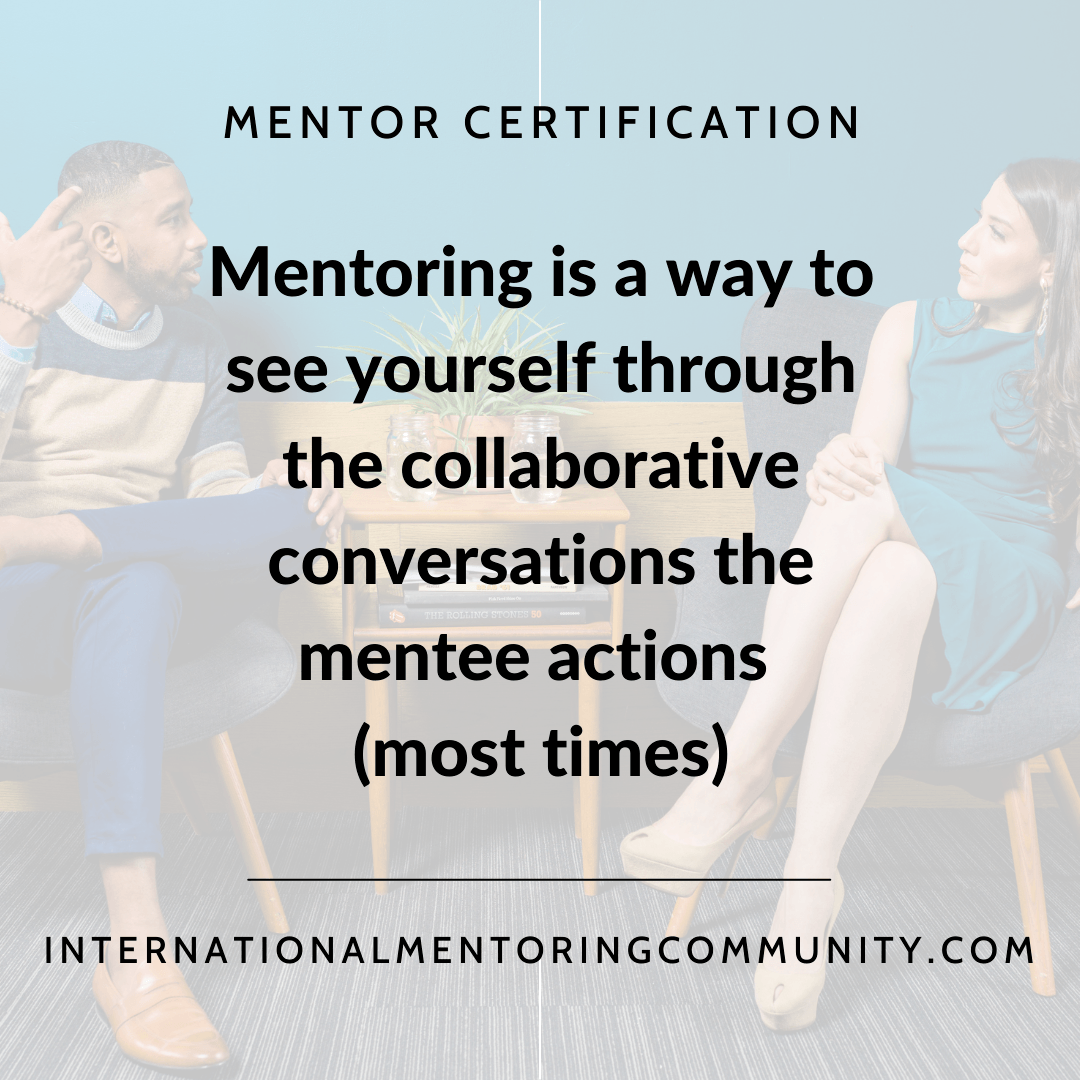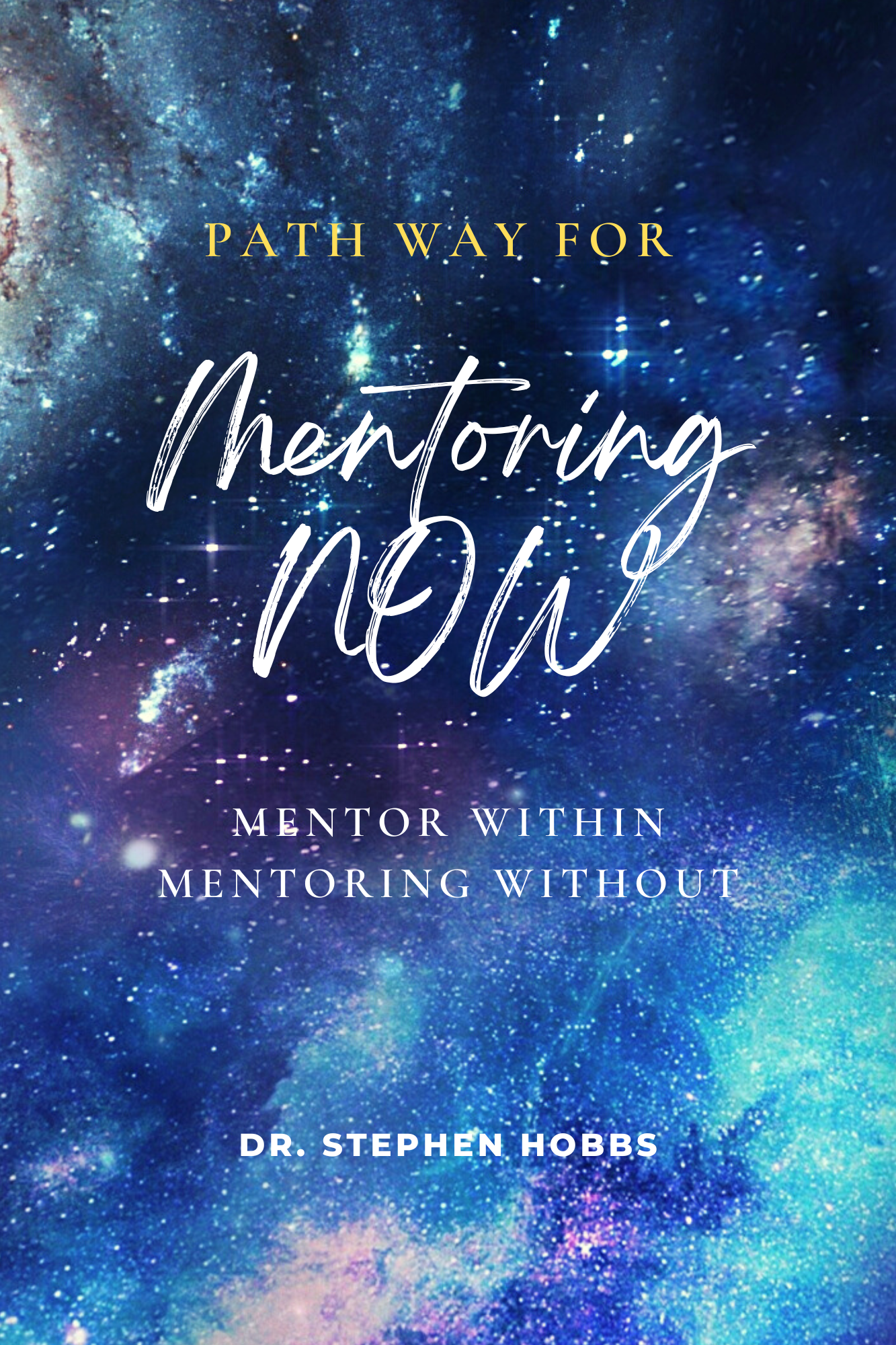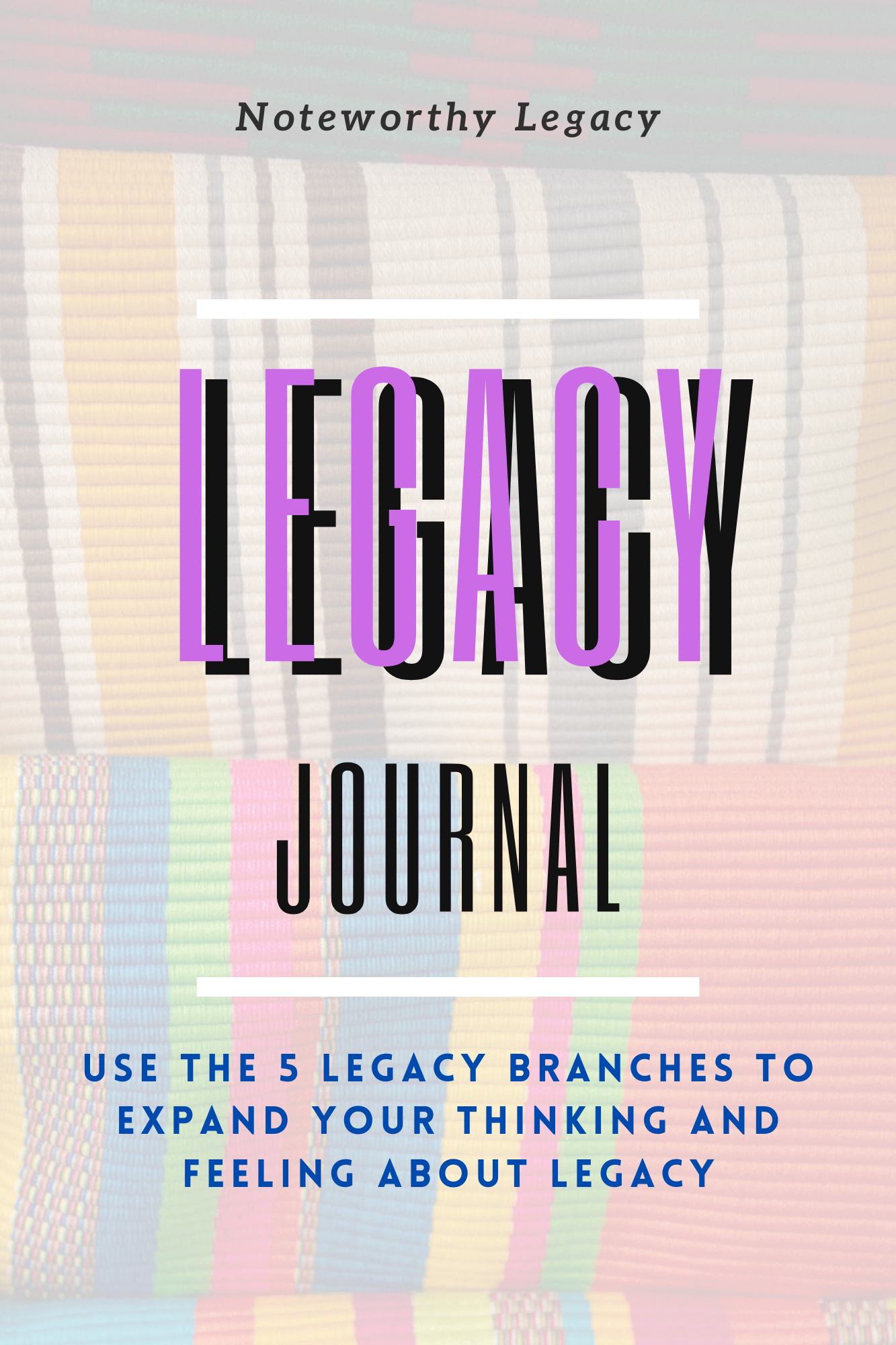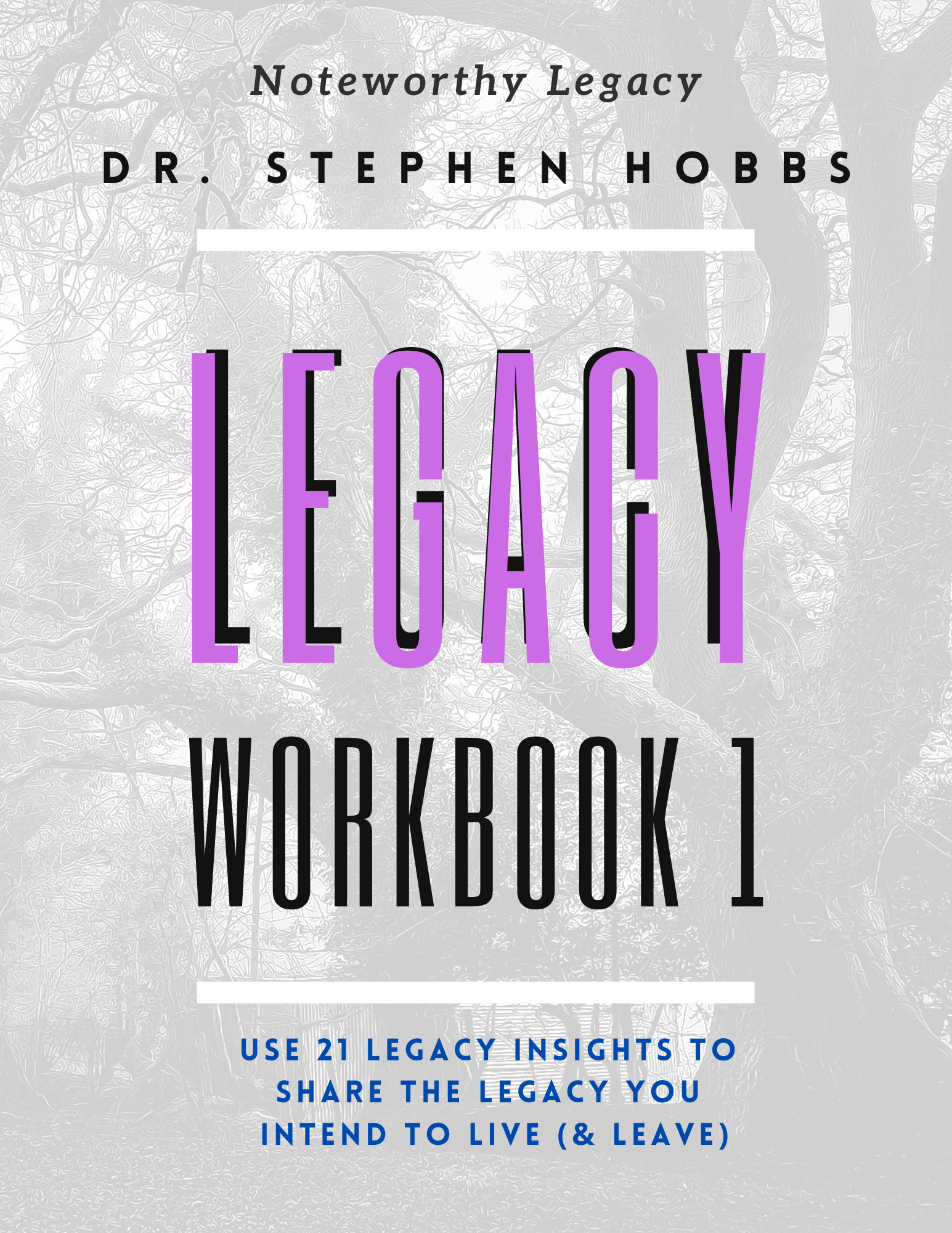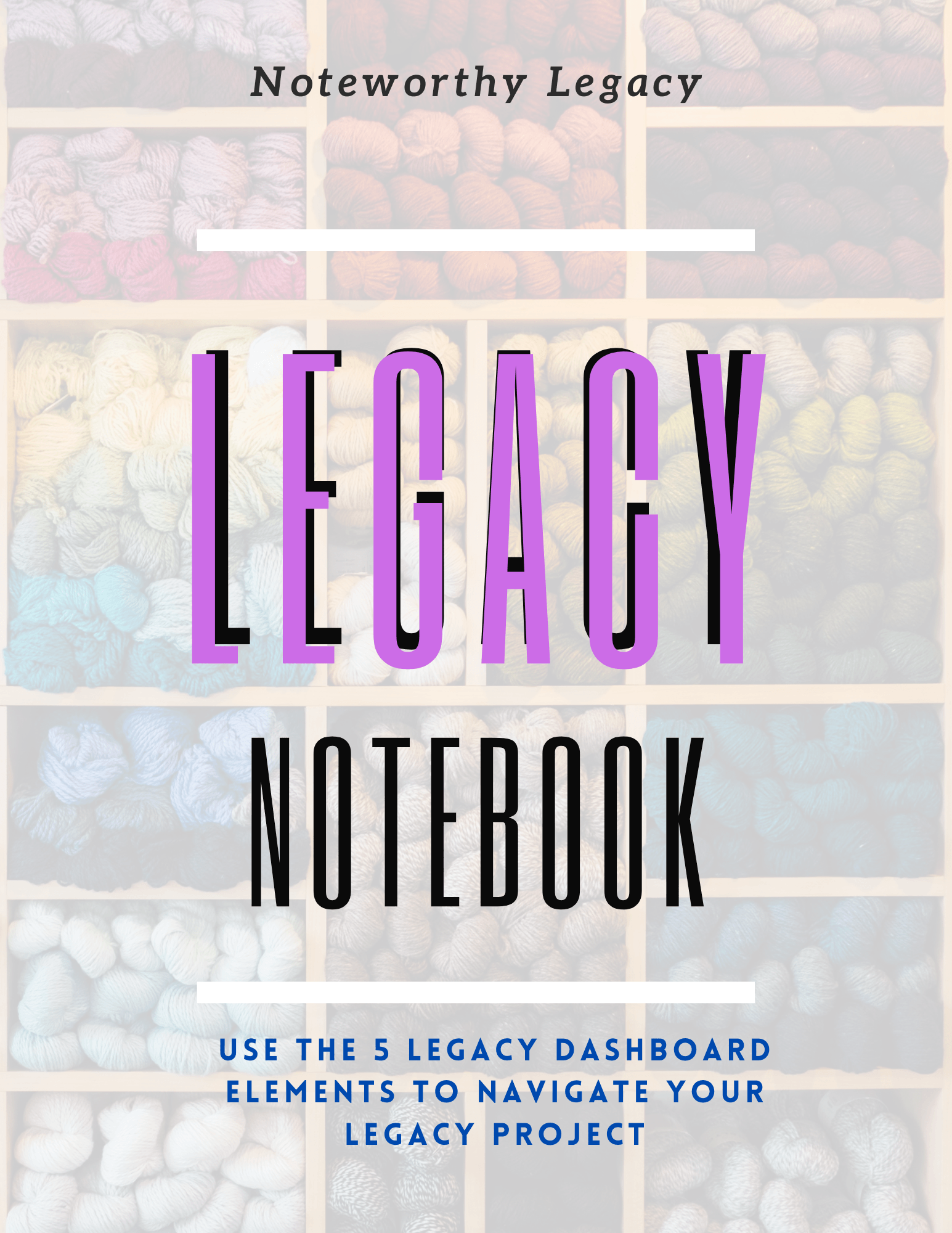Audience: Olders to Elders
- Professionals
- Older Content Creators
- Grandparents
- Younger-Older Mentors
- and YOU!
Use Effective Communication to Build Strong Mentoring Relationships
Contributor:
Doug Lawrence TalentC
00:00 Moving In:
Summary:
Effective communication is key to building strong mentoring relationships.
__Ensure clear exchanges of information, conscious (active) listening, and understanding//valuing.
__Consider mentors can better comprehend mentees' asks and requirements and provide valuable guidance.
__Use tools like asking questions and sharing stories can enhance connection and trust.
__Address crucial conversations with care & patience ensures both mentor & mentee feel heard & valued.
Effective communication fosters a supportive environment where both the mentor and mentee (and those around the pair) can grow and succeed, creating a lasting, relevant impact on the mentoring relationship and arrangement.
_*_ This presentation covers five topics about communication in mentoring:
_valuing communication
_conscious (active) listening
_the Socratic method (asking specific questions)
_essential communication tools
_storytelling/story-sharing
These strategies help create a supportive and engaging mentoring environment where both mentors and mentees can thrive.
08:17 - 1) What is Communication?
Definition and Process:
Communication is the process by which information is exchanged between individuals through a common system of symbols, signs, or behavior.
It involves sending and receiving messages.
And Communication is:
The Message: The information being communicated.
About Behavior Coordination: Aligning actions and responses to ensure understanding and effective interaction.
Key Points:
Effective communication requires clarity and understanding between both parties.
Messages can be verbal or non-verbal, including body language and facial expressions.
Miscommunication can lead to misunderstandings and hinder the mentoring process.
15:36 2) Conscious (Active) Listening
Definition and Importance:
Active listening is a conscious effort to hear and understand what the other person is saying.
Being present in the moment is crucial for effective communication.
Steps Involved:
_Attending: Giving full attention to the speaker.
__Understanding: Interpreting the message accurately.
___Comprehending: Grasping the meaning of the message.
____Reflecting: Considering the implications of what was said.
_____Remembering: Retaining information for future reference.
______Responding: Providing appropriate feedback.
** Observing: Noticing non-verbal cues for better understanding.
Key Points:
Active listening helps build trust and rapport between mentors and mentees.
It ensures that both parties feel heard and valued.
Effective listening can prevent misunderstandings and improve the quality of the mentoring relationship.
20:31 3) Use of the Socratic Method
Definition and Purpose:
The Socratic method involves asking questions to guide someone to the answer rather than telling them what to do.
It encourages critical thinking (& feeling) and self-discovery.
Benefits:
Empowerment: Mentees feel empowered when they arrive at solutions themselves.
Engagement: Keeps mentees engaged in the learning process.
Understanding: Promotes deeper understanding by encouraging mentees to think through problems.
Example Questions:
"What do you think is the root cause of this issue?"
"How would you approach solving this problem?"
"What are the possible outcomes of this decision?"
Key Points:
The Socratic method helps mentees develop inquiry skills.
It fosters independence and confidence in the mentee’s abilities.
This approach can lead to more meaningful and lasting learning experiences.
24:45 4) Four Essential Tools in the Communication ToolKit
1. Pausing/Slow Down Responding:
Take a moment before responding to ensure thoughtful and measured replies.
Prevents hasty reactions and allows for more considered responses.
2. Eliminate Trigger Words:
Identify words that evoke strong emotional reactions.
Use this knowledge to navigate sensitive topics carefully and avoid misunderstandings.
3. Difficulty Deflection:
Redirecting a conversation to avoid conflict or steer it towards more productive areas.
Useful in managing difficult discussions or preventing escalation.
4. Crucial Conversations:
Addressing important and often challenging topics directly.
Requires honesty, empathy, and a focus on finding common ground.
Key Points:
These tools help manage conversations effectively, especially in challenging situations.
They contribute to a more respectful and productive mentoring relationship.
Using these tools can enhance clarity and understanding between mentors and mentees.
34:13 5) Use of Storytelling and Story-Sharing
Managing by Storytelling:
Using stories to illustrate points and convey messages in a relatable way.
Stories can make complex ideas easier to understand and remember.
Leading with Story-Sharing:
Sharing personal experiences to build connection and trust.
Helps mentees see practical applications of advice and lessons.
Benefits:
Engagement: Stories capture attention and make learning more engaging.
Relatability: Personal stories help mentees relate to the mentor’s experiences.
Memorability: Information conveyed through stories is often more memorable than abstract concepts.
Example Stories:
A mentor might share a story about overcoming a challenge to illustrate resilience.
Stories about past mentoring experiences can highlight effective strategies and common pitfalls.
Key Points:
Storytelling can make mentoring sessions more impactful and enjoyable.
It helps mentees connect emotionally with the lessons being taught.
Story-sharing fosters a deeper bond between mentors and mentees.
40:04 Moving Forward
With thanks
Please comment - ask questions
Please use this Form to ask questions - share a comment - pass along a funny.
We will not add your email to a List. We will use your email for communication linked to this Post!
Start today, and transform your Next Fifty into a period of unparalleled growth, relevance, and legacy by mentoring wholehearted arrangements and collaborative connections.
For a deeper dive and more resources on creating a lasting legacy with mentoring, gaining perspective through weaving together experience and education, visit...
Website - front page outlines Legacy Mastery and Mentoring NOW courses
Website Blog - read articles of topics linked with legacy with mentoring
Website store - access books using various delivery platforms - see covers beside//below this article
Importance of a Mentorship PortfolioIncludes Processfolio and ProductfolioTimestamps00:00 Moving In: 02:00 Portfolio
Audience: Olders to Elders - SoloAgers - Empty Nesters - Continuing Educators - Professionals -
Audience: Olders to Elders - SoloAgers - Empty Nesters - Continuing Educators - Professionals -
Audience: Olders to Elders - SoloAgers - Empty Nesters - Continuing Educators - Professionals -
Audience: Olders to Elders - SoloAgers - Empty Nesters - Continuing Educators - Professionals -
Audience: Olders to Elders - SoloAgers - Empty Nesters - Continuing Educators - Professionals -


